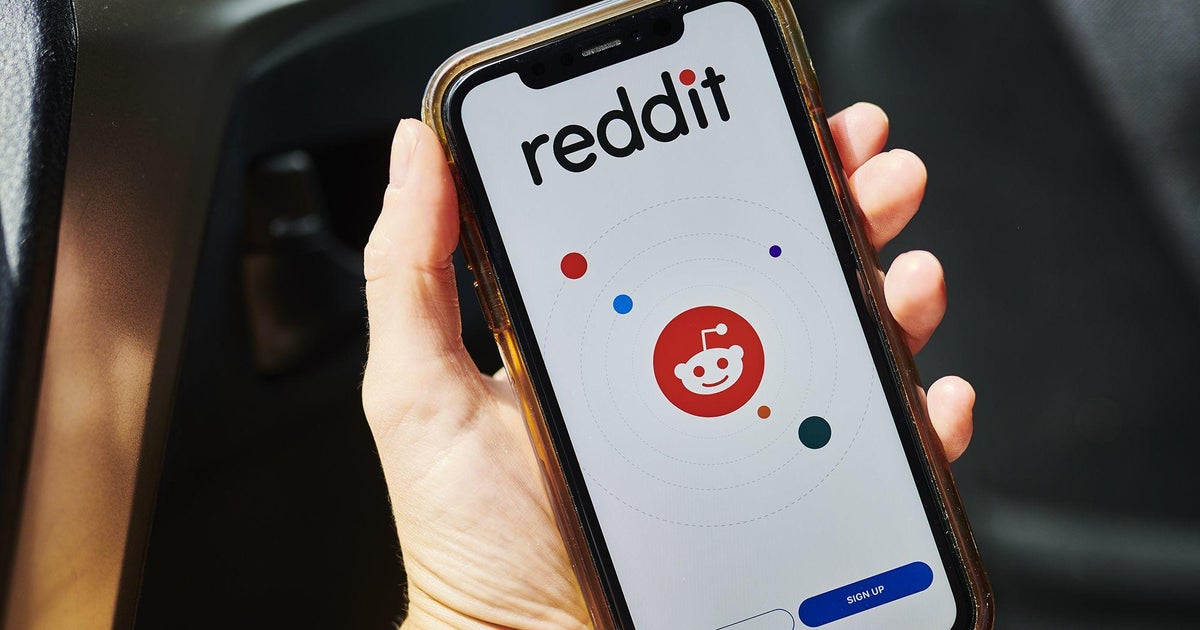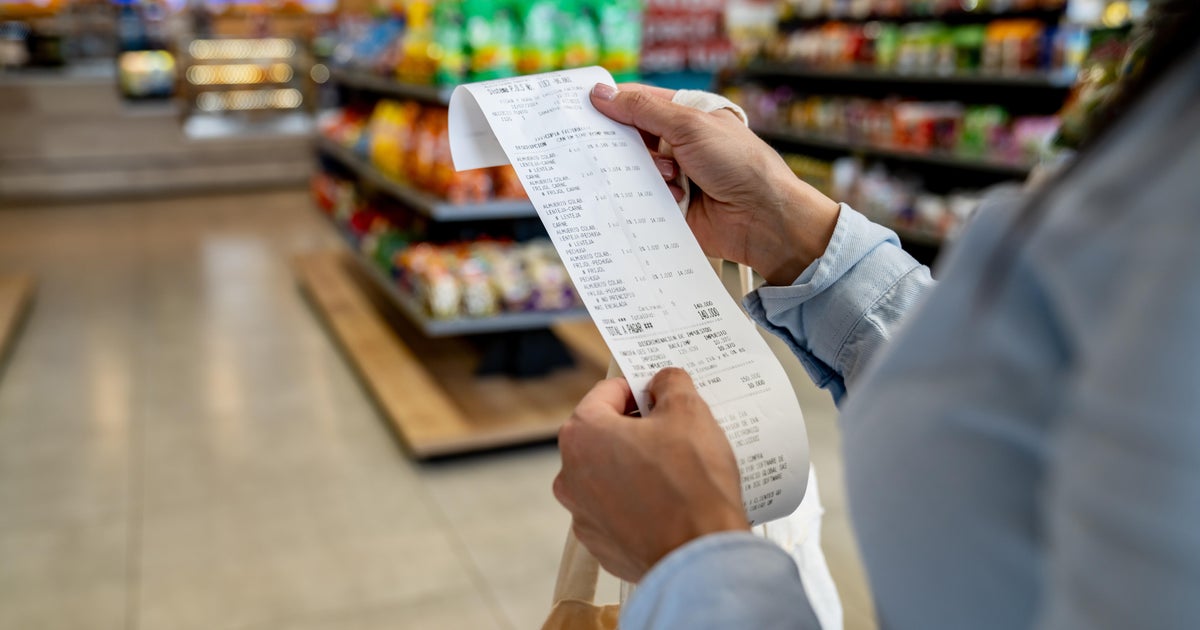More than 40% of eligible Black and Hispanic people said they could not access vaccine, poll shows
A new poll said that most people have confidence in COVID vaccines, but racial disparities in access persist, and perspectives about the pandemic are correlated largely with political opinions.
The Edelman Trust Barometer poll, released Friday, indicates that people have become less hesitant about vaccines in recent months. In the firm's latest poll, which surveyed 2,500 people online in March, nearly 60% of respondents said they'd get a vaccine as soon as possible, compared to only 33% of people who were polled in January.
And while willingness to get the vaccine has increased, some say they still face barriers to access. Among those qualified for the vaccine, more than 40% of respondents who identified as Black and Latinx said they could not get an appointment or get to a vaccination site, compared to 34% of Asian respondents and 24% of white respondents.
"This whole idea that African Americans and Hispanics have deep hesitancy because of fear, it's not so," said Edelman CEO Richard Edelman on CBSN Friday. "They don't have access."
The report also suggested attitudes toward the pandemic differed sharply along political lines, echoing a recent CBS News poll that found more than a third of Republicans said they would not get a coronavirus vaccine. There have been few concerted efforts to persuade Republicans to get the shots, despite political groups' divergent views about the virus.
The survey asked how many respondents still had a "pandemic mindset," and found that 78% of Democrats said they were still worried about their safety and operating in a survival mode while only 22% said they felt the pandemic was largely behind us. Among Republicans, about half said they were still in a pandemic mindset, and about half said they believed the pandemic is largely behind us.
More than half of respondents said they'd either personally contracted COVID or knew someone who has. Slightly more Biden voters, 55%, than Trump voters, 48%, said they've experienced a COVID health impact.
"We're really traumatized as a country," Edelman said, "and it's going to take a while to get out of this."
People generally said they still felt unsafe doing many basic, everyday activities such as riding public transportation, dining indoors and sending kids to schools, the report said, but those feelings of safety were more correlated with respondents' political party than with whether or not people had been vaccinated, which the firm said demonstrates how much the virus has been politicized.
Being vaccinated only slightly increased people's sense of safety around daily activities, but Republicans said they felt more safe than Democrats to participate in daily activities, including shopping in stores, getting pedicures and haircuts, getting together with friends and dining indoors, the report said.
The different parties' views on COVID have had public policy implications in Texas, where Republican Governor Greg Abbott last week ended a statewide mask mandate. The Democratic mayor of Austin, however, has refused to stop enforcing business and face mask requirements, prompting the Texas attorney general to sue the city.
In his first prime-time address Thursday, President Joe Biden set a goal of July 4 to "get closer to normal" in reopening the country. He said that to reach that goal, he would direct all states to make all American adults eligible for the vaccine by May 1.
Despite progress in distributing the vaccine, most respondents said they believe the world is far from a return to normal, with less than one in three responding that they believe everything will be back to normal by the end of 2021, the report said.
A majority of people said they favored a conservative approach to re-opening: 60% said the government should prioritize saving as many lives as possible, even at the expense of the economy, while 40% said society is approaching a point where it is "more important for government to save jobs and restart the economy than to take every precaution to keep people safe," the firm said.
Around three-quarters of Democrats said the current pandemic-related restrictions on their freedom of movement were reasonable and appropriate, while only around half of Republicans said the same. Nearly half of Republicans said they believed government is restricting freedom of movement and ability to gather with others more than it should be allowed to.



